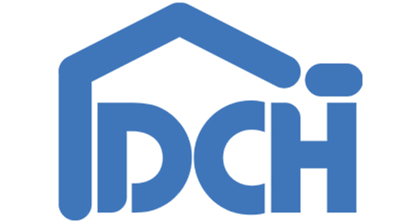With more and more urbanization and housing costs increasing, expandable houses tend to be the most effective concept of contemporary life. Such new-style construction is distinguished by the mobility, economy, and ecological purity of materials used, which attracts many foreign customers. In this article, we discuss the increasing demand and advantages of expandable houses and how they are changing the concept of living spaces.
1. The Scope and Demand for Expandable Space
Flexibility is the most sought out characteristic in any field today. Especially, in the case of conventional houses, which are fixed in terms of size and number of rooms, families or individuals may have trouble as they grow or change their needs over time. Expandable houses, on the other hand, solve this problem by giving the owners the option to construct or take off parts whenever they see fit. This quality allows them to be great for younger couples with children, telecommuters, or people looking to make the most of their space.
2. Affordability and Cost-Effectiveness
The need for expandable houses only grows as they remain relatively more affordable than most housing options. As real estate prices become prohibitive, expandable houses can be an ideal option for many. They can be constructed in phases allowing for gradual investment rather than a one-time up front cost, easing financial burden of homeowners who can build their homes according to their needs and budget.
3. Sustainability and Environmental Impact
The building practice is witnessing a shift towards expandable houses as more time goes into planning and phases of construction. More homeowners and builders are now concerned with being sustainable and eco-friendly. Most expandable houses designs and materials are eco-friendly and energy efficient, reducing their fossil fuel footprint. Furthermore, being able to expand or reduce the size of a home negates the need to tear down and rebuild structures meaning less waste produced. Expandable houses become a viable option when trying to find a sustainable home especially with the trend of the world moving towards greener and more eco-conscious living.
4. The Significance of Technology in Expandable Housing Concepts
Over the years, due to recent mobile technology, expansion of houses has become a reality. While sitting in the house, a homeowner can monitor and control several aspects of the modern home, for example heating, cooling, or the security system from his or her smartphone. And it is not only because these new smart technologies make living more comfortable but also make it easier to expand the smart home making it more functional for the owners’ requirements.
5. Potential Future Developments in the Housing Industry
As the population worldwide increases and space becomes a premium, it’s not surprising that the expandable concept would be an appealing one moving forward. This is because more developers are appreciating the potential of provide modular expandable contracts which sums up to more industry options for buyers. In addition, As work from home models expand, it will further fuel demand for such housing that can serve multiple purposes as work and dwelling.
In conclusion, expandable houses are an example of the future of dwellings in today’s time. Their flexibility, affordability, and sustainability make them stand out among other modern housing solutions. Since more people tend to look for unconventional housing models, there’s no question that houses of the expandable kind would be very popular cradling the future of human habitation. These multipurpose buildings help homeowners to construct flexible interiors for today and for whatever changes that may come in the future.

